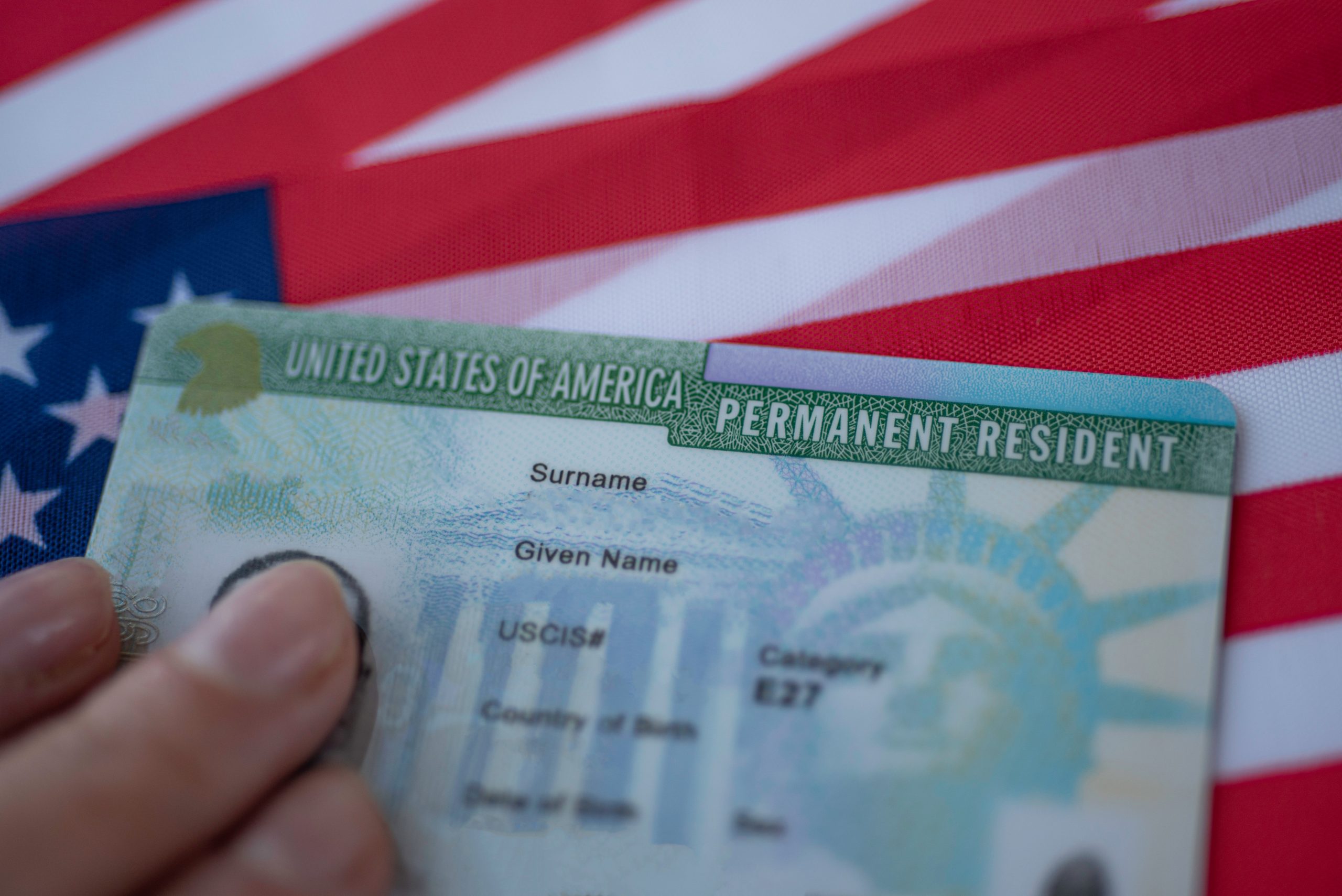Who can sponsor an O1 visa? Agents as petitioners

For the O1 visa, the term “petitioner” refers to the entity or individual who files the petition on behalf of the O1 visa beneficiary. The petitioner is responsible for submitting all the necessary documents to USCIS to get approval for the O1 visa.
Let’s explain in simple terms who can sponsor an O1 visa, by looking at the differences between an agent and employer petitioner and the O1 visa sponsor requirements. We’ll also look at a few scenarios where an agent petitioner can be the best choice as a sponsor.
What is the O-1 visa?
The O1 visa is as a temporary work visa designed for individuals with “extraordinary ability” in the sciences, education, business, athletics, arts, motion picture, or TV industry.
The O1 visa accommodates a wide range of talented and highly acclaimed people looking to apply their talents in the U.S.
If you excel in your field and find conventional visas like the H visa or L visa not entirely suitable, the O1 visa can be a more flexible option. However, this may depend on your ability to document public recognition of your accomplishments in your industry!
How is the O1 visa different from other work visas?
Different from other work visas, the O1 visa doesn’t have a degree requirement, prevailing wage stipulation, or specific salary prerequisite. The O1 visa also doesn’t have an annual cap or lottery, or time constraints for extensions.
And, petitioners maintain the freedom to sponsor O1 workers at any time!
Importantly, both employers and US agents can sponsor the O1 visa. This can be especially helpful for artists, entertainers, performers, creatives, businesspeople or entrepreneurs in less restrictive work frameworks.
Who can be a sponsor of an O1 visa?

The O1 visa requires either an employer or an agent to file the petition on behalf of the beneficiary. Keep in mind that immigration rules strictly forbid the beneficiary from acting as both the petitioner and beneficiary for the O1 petition.
No self-petitioning allowed here!
What’s the difference between an employer and agent petitioner?
Now that we know who can sponsor an O1 visa, let’s take a look at the key difference between an employer and agent petitioner.
| Employer petitioner | Agent petitioner | |
| What is the common employment situation? | Beneficiary works for the petitioning employer in a traditional employment relationship | Beneficiary works for multiple employers during the employment period |
| How many employers can the beneficiary work for? | More than one | More than one |
| Does each employer need to file independently? | Yes – Each employer independently files an O-1 petition on the beneficiary’s behalf | Not necessarily – The agent can represent multiple employers or entities for employment or short-term work projects |
It’s important to note that any work beyond the job description in the approved O1 petition would be considered a violation of O-1 status, and could land you in hot water.
And, while agents as O1 visa petitioners can offer more flexibility to workers who are self-employed or hopping between short-term gigs, it’s not the same as self-petitioning.
How can a US agent help the beneficiary for an O1 petition?

A US agent can petition for the O1 beneficiary and represent the beneficiary in different capacities. The agent could serve as the beneficiary’s employer, or as an agent representing both the beneficiary and other (multiple) employers or entities for employment or short-term projects.
This is generally based on the nature of the agent’s control over the beneficiary’s work, and the specific arrangement between them.
When can you use an O1 visa agent as a petitioner?
Let’s take a look at a few scenarios where an agent could sponsor an O1 visa, instead of the employer.
- Scenario 1: A US agent files for self-employed workers, like freelance graphic designers, content creators, business consultants, or authors.
- Scenario 2: A US agent files for workers who use agents to arrange short-term employment with numerous employers. This is particularly relevant for industries where agency relationships are super common, such as modeling, entertainment, sports music, etc.
- Scenario 3: A US agent files for a foreign employer who authorizes an agent to act on its behalf.
O1 visa sponsor requirements

In general, there are a few O1 visa sponsor requirements, including the following:
- A written contract between the agent and beneficiary
- A list of activities in the US, with explanations of specifics – locations, events and activities, start and end dates (this justifies the period of time requested for the O1 petition!)
- Specific documents related to the type of agent, as applicable
Once the O1 petition is officially filed, the agent takes on these responsibilities as an O1 sponsor:
- Serves as the point of contact for communications regarding the filing
- Notifies USCIS about any changes in the terms and conditions of employment that could affect O visa eligibility, including if the petitioner no longer employs the beneficiary
Scenarios where an agent files the O1 petition
When a US agent performs the function of the employer
When a US agent steps into the role of an employer and petitions for the beneficiary of the, there are two key pieces to provide:
- A contract outlining crucial details, like the offered wage and other terms and conditions of employment
- An itinerary with dates and locations of work
These both ensure clarity and transparency in documenting the employment arrangement between the agent and the beneficiary.
When a US Agent files for multiple employers
When a US agent files the O petition for the beneficiary and represents multiple employers, the beneficiary gains the flexibility to work for these different employers. No need to submit individual petitions for each!
These two documents are part of the O1 visa sponsor requirements:
- A contract or summary of terms of services between the employer and the beneficiary
- An itinerary with the dates of each service or engagement. This includes names and addresses of the actual employers and the names and addresses of the establishments, venues, or locations where the services will happen
When a US agent files on behalf of foreign employers
When a US agent takes on the role of a foreign employer and petitions for the beneficiary, a contract between the agent and the beneficiary is essential.
To meet the O1 visa sponsor requirements, this contract needs to specify details such as the offered wage and other terms and conditions of employment. You could either provide a more formal written agreement, or a summary of terms previously discussed in an oral agreement.
What if I’m self-employed and need an O1 petition?

If you are self-employed and seeking an O1 petition, there are alternatives you can explore! In certain instances, using an agent petitioner or establishing a beneficiary-owned entity as the petitioner could be an option. This is particularly relevant for entrepreneurs who can prove their extraordinary ability..
To go this route, it’s essential to show that the entity is a legit US employer. Plus, you need to show the work requested meets the O-1 visa requirements.
Do I need an O1 visa lawyer?
Filing an O1 petition can be complex and involve a lot of documentation. While hiring an O1 visa lawyer isn’t a requirement, their expertise can significantly streamline the application process. This could potentially save you time and increase the chances of a successful application.
At Manifest Law, we offer flexible payment plans of up to 6 months, plus a visa-approved or money-back guarantee(terms apply).
Reach out to us today to get the support and guidance you need.





















